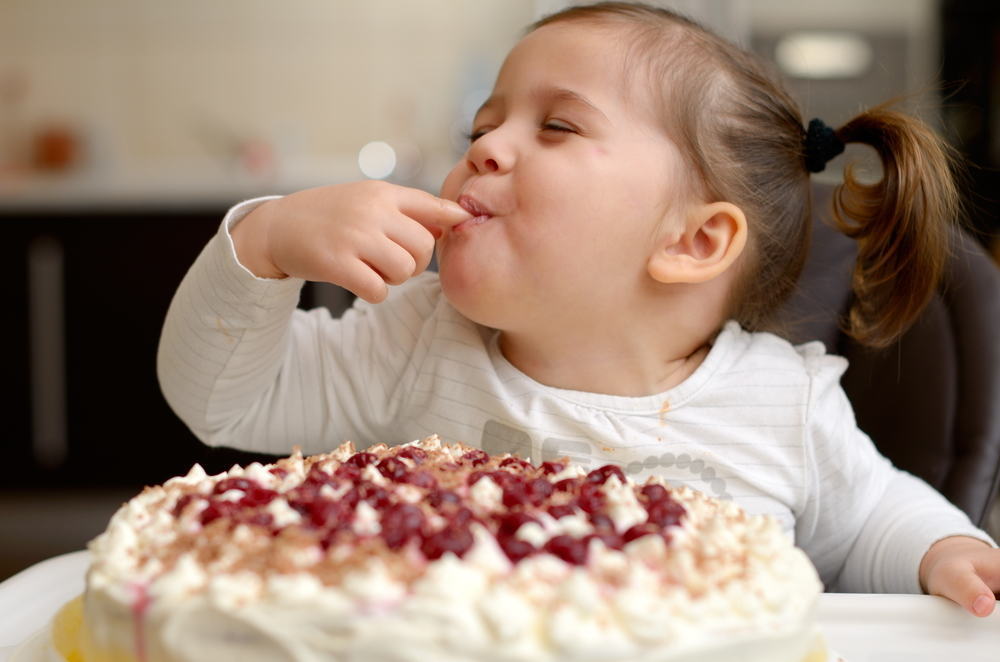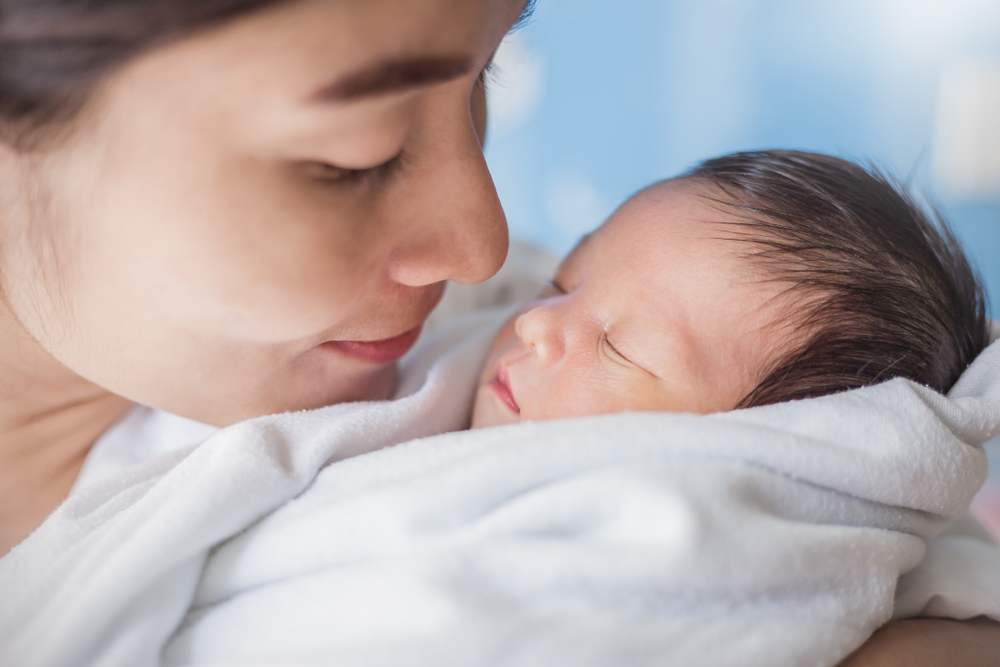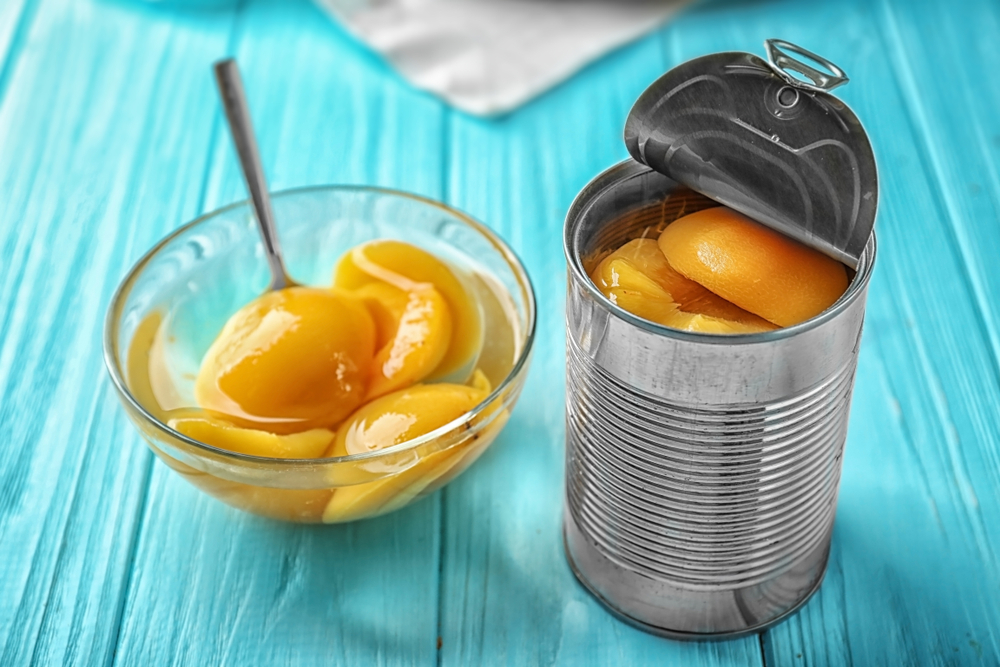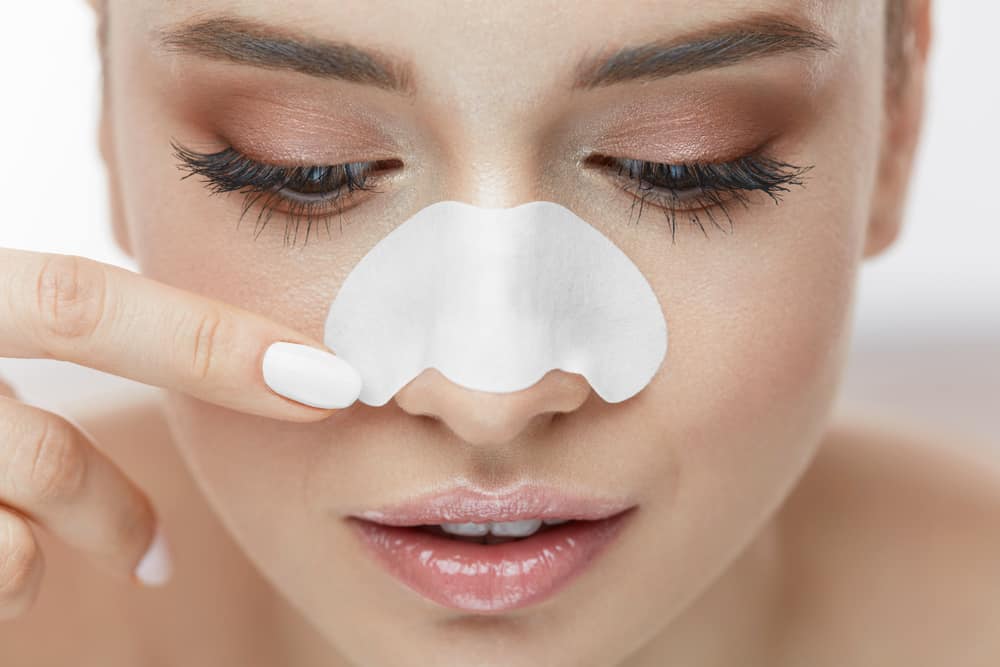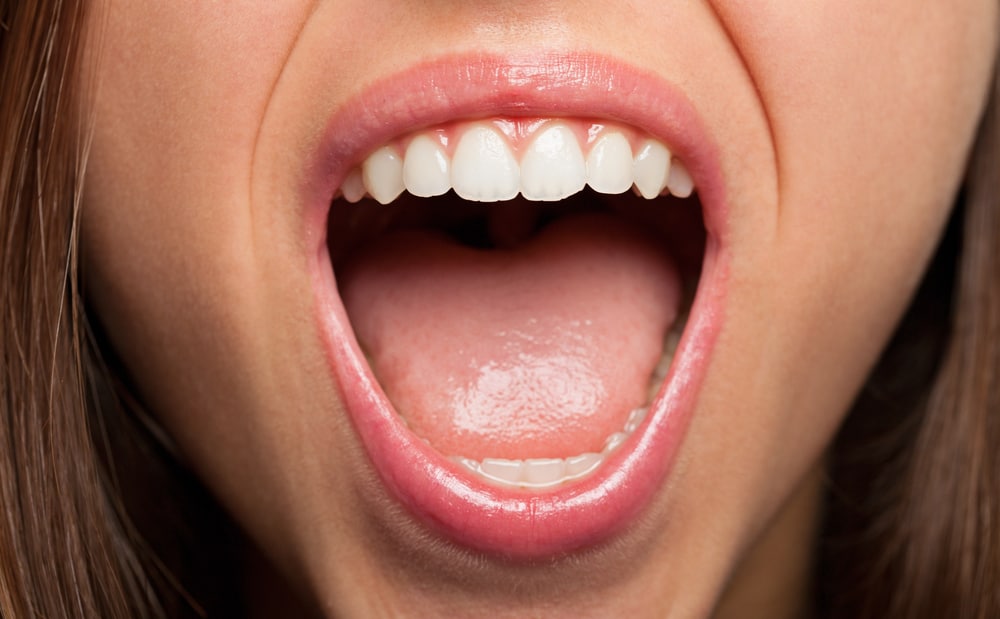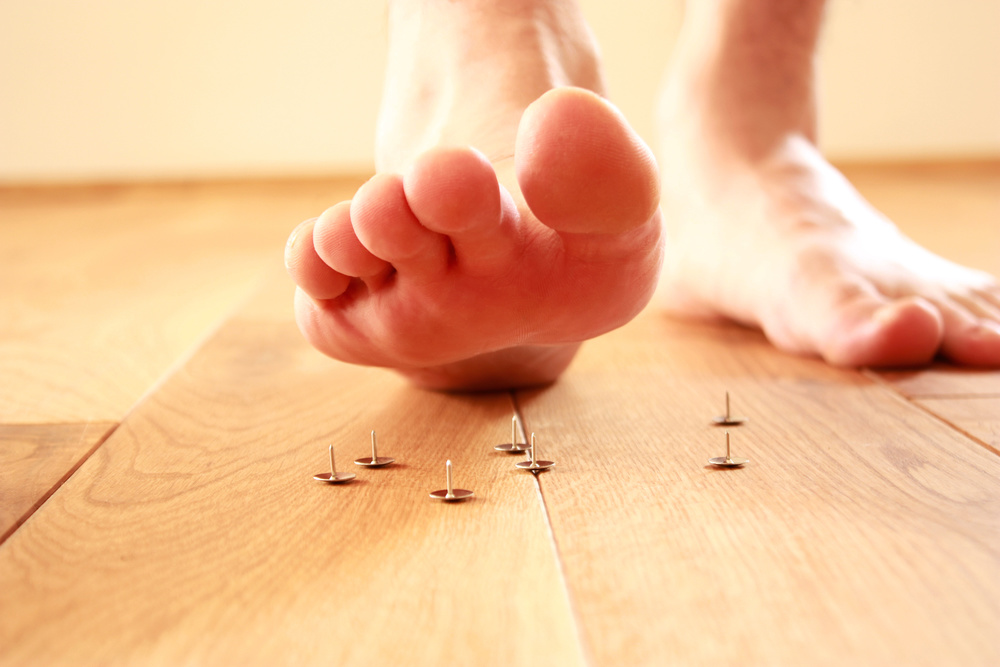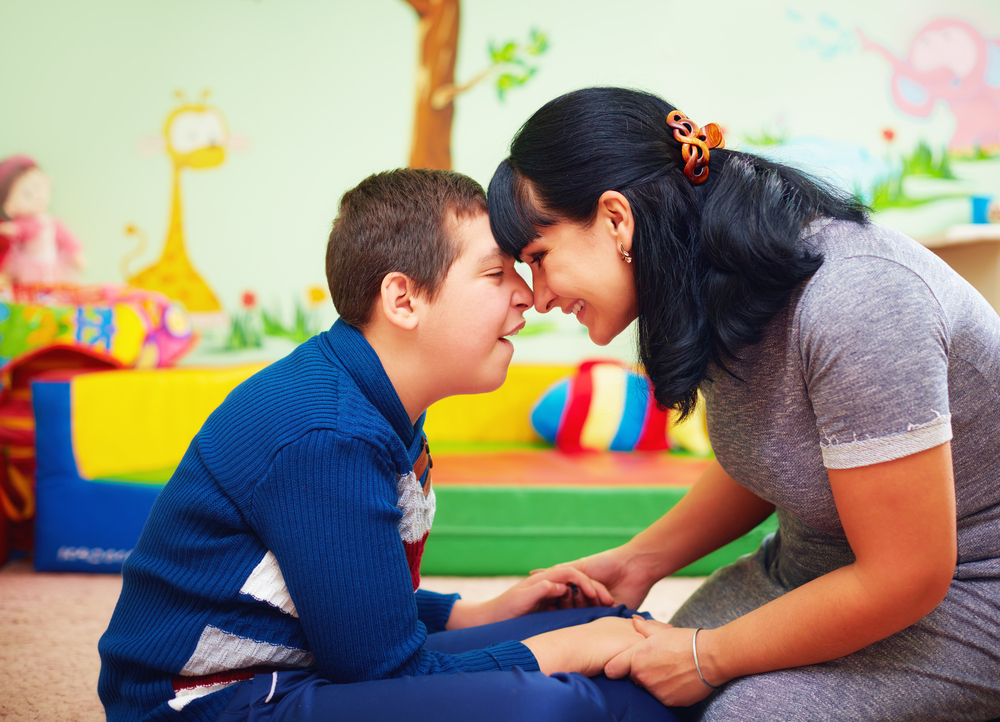Contents:
- Medical Video: How much sugar is too much for my child?
- Is it true that sugar consumption can cause hyperactive children?
- But sugar consumption may indeed influence behavior
Medical Video: How much sugar is too much for my child?
Have you ever heard that sugar consumption in children can cause a child's behavior to become hyperactive? If yes, then you are not alone. Many parents worry about the effects of sugar consumption on their child's behavior. Some believe that sugar consumption can cause children to become hyperactive.
Is it true that sugar consumption can cause hyperactive children?
The answer is no. Until now there have been no studies that can prove scientifically that the components contained in sugar can cause hyperactive children. Interest in sugar and its relationship to hyperactivity in children may have started since 1973, when an allergist Benjamin Feingold, M.D., published the Feingold diet. Feingold introduces a free diet of salicylates, preservatives and artificial coloring in children's food to overcome the problem of hyperactivity in children. Although Feingold does not mention sugar as a component that can lead to hyperactivity, it seems that parents think that eliminating all kinds of additives from their children's food is a better idea. Sugar is then also one of the ingredients that is considered to be limited.
After that, the experts began to examine the effect of sugar on children's behavior, but there was not enough evidence to support the claim that sugar causes hyperactivity. Research from the University of Kentucky observed that there was no effect of adding and reducing additives to children's food, even though parents of these children reported hyperactive behavior in their children. Clinical tests also support the results of these studies. Other studies related to sugar and hyperactivity were also carried out by the University of Iowa. Doctor Wolraich divides children into two groups, which are normal and which are reported to be sensitive to sugar. Both groups of children were given sugar, aspartame, and saccharine. But there were no differences in behavior between the two groups.
Then why until now there are still many who believe that sugar consumption can cause hyperactive children? This is more caused by psychological factors. Some researchers say that if you expect sugar to cause your child to become hyperactive, then your view of it will also change. A study published in the Journal of Abnormal Child Psychology shows that parents tend to consider their children hyperactive when they are told that their child has just consumed soft drinks that contain added sugar. In addition, children usually become more active in crowded environments such as birthday parties for example, where there tends to be many foods that are high in sugar. Unconsciously, this also affects parents' views regarding sugar and hyperactivity.
But sugar consumption may indeed influence behavior
Although not specifically mentioning that sugar consumption means your child will become hyperactive, sugar can indeed affect a person's behavior. A study was conducted to check the effect of sugar on the concentration level. Those who ate breakfast high in sugar content experienced lower concentrations faster than those who did not have breakfast or cereal breakfast made from whole grain. Another study from Yale University stated that children who are given sugar will then have higher levels of adrenaline. This is the effect of high blood sugar levels. Sugar is a simple carbohydrate that is easily absorbed by the body, causing blood sugar levels to rise rapidly. High adrenaline levels can have an effect on hyperactive behavior in children.
Sugar consumption does not only increase adrenaline levels. When children eat foods high in sugar, blood sugar levels increase dramatically. This causes insulin to be produced more to reduce blood sugar levels so that blood sugar levels drop back quickly. Sudden decrease in blood sugar levels can cause children to become fussy because the body seems to lack energy and body cells starve. If this happens, your child may ask for sweets again and a relatively fast cycle of increase and decrease in blood sugar will occur again. If this is allowed to continue, not only behavior change, your child will be at risk of developing insulin resistance later on.
READ ALSO:
- 5 Steps Reduce Eating Sugar
- Sugar vs. Artificial Sweeteners, Which Is Better?
- Use of Salt that is Allowed in Your Child's Food

